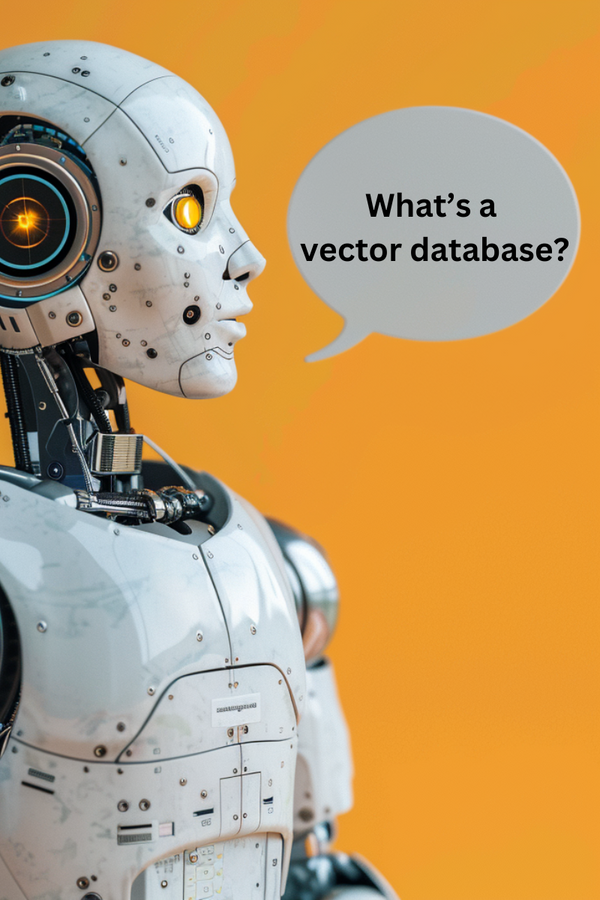From Shakespeare's Sonnets to Modern Tweets: Exploring the Evolution of Language with AI
What do Shakespeare writing sonnets and you tweeting have in common?

Introduction
It's been a monumental week for both the world of AI and my personal journey. The highlight? Anthropic's release of their new model, Claude Sonnet 3.5. But as I delved into the intricacies of AI, I couldn't help but draw fascinating parallels between Shakespeare's sonnets and our modern-day tweets. Let's explore this intriguing intersection of technology, language, and personal growth.
The Big Week in AI
Anthropic recently unveiled Claude Sonnet 3.5, their middle-of-the-road AI model. Interestingly, despite being positioned between their smaller model, Haiku, and their larger model, Opus, Sonnet 3.5 outperformed Opus in benchmarking scores. It's also currently surpassing GPT-4.0, making it the new state-of-the-art model. From my brief interactions with it, I can vouch for its speed—it's twice as fast, smarter, and one-fifth the cost. However, a significant limitation is the rate at which requests can be made unless one has a substantial budget with Anthropic. Despite these constraints, I've been impressed with Claude's capabilities, especially in their workbench area, akin to GPT's playground.
Shakespeare's Influence on Modern Language
Ellen Fishbein, a publisher I've been collaborating with, shared a profound insight: poetry is the forefront of language evolution. Shakespeare's sonnets, for instance, were not just poetic expressions but experiments in language. During Shakespeare's time, literacy rates were low, so his sonnets targeted a smaller audience, allowing him to test ideas and phrases. Ellen even likened Shakespeare's sonnets to today's tweets—both highly constrained formats that demand precision and creativity. This comparison blew my mind. Shakespeare's sonnets, like our tweets, force us to distill powerful ideas into limited characters.
Personal Reflections on Language and AI
Playing around with AI models like Claude Sonnet 3.5 has revealed some intriguing patterns. For instance, Claude seems to have a more current understanding of the world compared to GPT, which often feels outdated. This is partly due to the knowledge cutoff dates—Sonnet 3.5's training data goes up to April of this year. But beyond that, Claude's language use feels more in tune with today's evolving digital landscape. For example, when asked to write tweets, Claude avoids outdated practices like overusing hashtags, unlike GPT.
The Intersection of AI and Personal Growth
This week, I was invited to a panel discussion on AI alongside experts from OpenAI, Microsoft, and academia. Initially, I felt a strong sense of imposter syndrome. However, as the discussion progressed, I realized my ideas were not only valid but also appreciated. One key insight I shared was that more data isn't always the solution. As language evolves rapidly, AI models must keep pace to remain relevant. True intelligence, in my view, stems from a network of diverse viewpoints communicating effectively.
Building Abundant Systems
Abundant systems focus on maximizing value rather than minimizing costs. They thrive on generosity and collaboration. For instance, I've been working on a project where I build tools for YouTubers based on insights from experts. Instead of waiting for formal agreements, I started the work, trusting that value would be recognized. This approach, rooted in generosity, aligns with the idea that the maximum value lies in the future. By doing the work first and seeking feedback, we can create systems that are both efficient and innovative.
Conclusion
This week has been a whirlwind of AI advancements and personal growth. From exploring the capabilities of Claude Sonnet 3.5 to drawing parallels between Shakespeare's sonnets and modern tweets, the journey has been enlightening. Language, whether in the form of poetry or tweets, continues to evolve, shaping our understanding of the world. I invite you to reflect on these similarities and join the conversation. Share your thoughts and let's continue to explore the fascinating interplay between technology, language, and personal growth.
Note: This blog was generated from ideas originally captured in this video:
